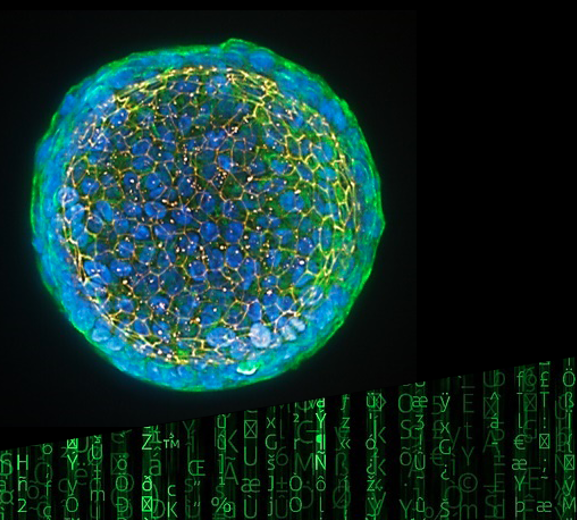Patient-driven approach for drug development
In this project the aim was to develop an approach for evaluation of drug efficacy using human cells, without the use of experimental animals. For this a public private partnership was established between TNO, Galapagos and Stichting Proefdiervrij. The partners in this unique consortium cover scientific, industrial and societal needs with their individual expertise and motivation.
The key to efficient development of tomorrow’s medicine is to lower the attrition rate in the expensive clinical phase by increasing the level of translatability of preclinical efficacy models. In practice, the translatability of preclinical models (both animal- and in vitro) is limited, and they are often incompletely understood. This causes more than 40% of potential drugs to fail in the clinical phase due to lack of efficacy, leading to a tremendous cost burden.
In this project, they aimed to come to a better characterisation of human in vitro cell models with the use of patient data and patient-derived cells, thereby limiting the use of experimental animals. Their aim was to connect in vitro and in silico modelling with systems biology technologies in such a way that this will provide sufficient information to select the best investigational medicines for treatment in the disease area of liver fibrosis, a disease for which there are currently no approved therapies.
By enriching data from literature (text mining) with clinical data and introducing weighting and directionality, they were able to generate a liver fibrosis disease network that gave a better understanding of the most important disease mechanisms in patients. This ensured clinical relevance and allowed the network to act as a general reference for qualifying the various in vitro models. This showed to be a useful tool to assess the relevance of in vitro models for testing drug efficacy.

Image courtesy of Galapagos



